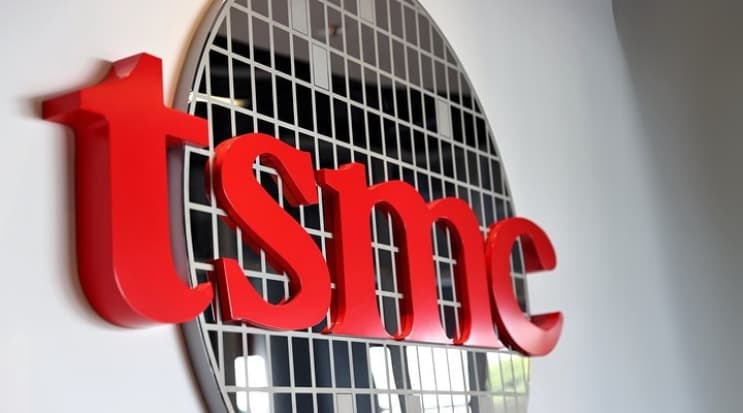
TSMC Under Scrutiny: Huawei AI Chip Link Sparks $1 Billion US Export Control Probe
Legal experts weigh in as world’s top chipmaker faces regulatory heat over potential supply chain loophole
Taiwan Semiconductor Manufacturing Company (TSMC) is facing a US Department of Commerce investigation after one of its chips was discovered in Huawei's Ascend 910B AI processor—a potential breach of US export control laws.
The chip, reportedly ordered by Chinese firm Sophgo, ended up in a Huawei device despite the telecom giant being on the US trade-restricted list since 2019. This incident has triggered serious concerns among legal experts about indirect supply routes potentially bypassing existing sanctions.
Possible Fine Exceeding $1 Billion
Authorities are now examining whether TSMC may have violated US export controls, with speculation that the company could face fines exceeding $1 billion, depending on the transaction value and extent of regulatory breaches.
TSMC, the world’s largest contract chipmaker, has emphasized that it ceased all direct supply to Huawei after September 2020 and has a robust compliance program in place. The company is cooperating with US authorities and has proactively reported the matter.
“TSMC remains committed to full compliance with all applicable export control laws,” the company said in a statement.
Industry-Wide Implications
This probe could set a precedent for how semiconductor firms are held accountable for monitoring downstream product usage—especially when it involves sensitive technologies like AI and advanced processors.
Legal experts suggest the outcome may tighten regulatory oversight and reshape supply chain due diligence in the AI and chip manufacturing sectors.
For any enquiries or information, contact info@thelawreporters.com or call us on +971 52 644 3004. Follow The Law Reporters on WhatsApp Channels